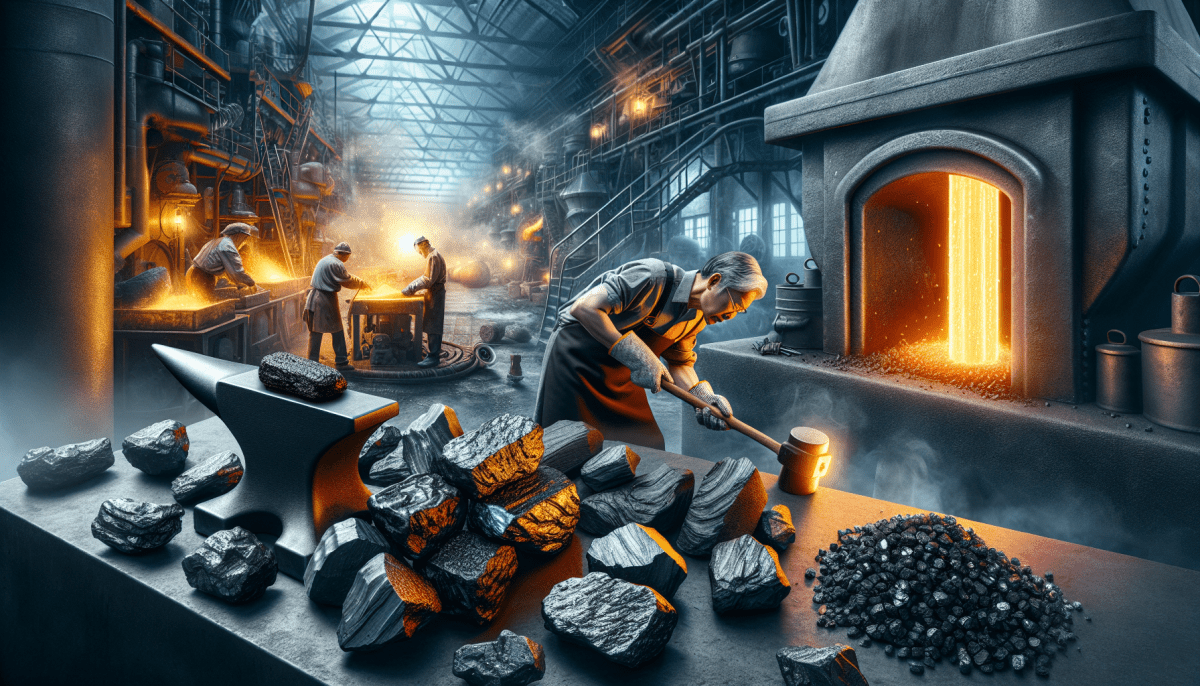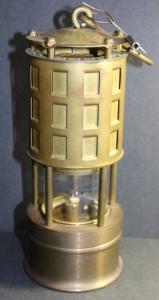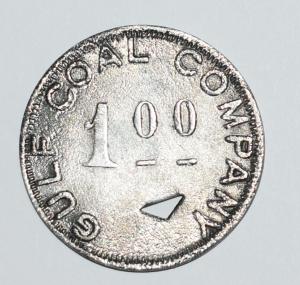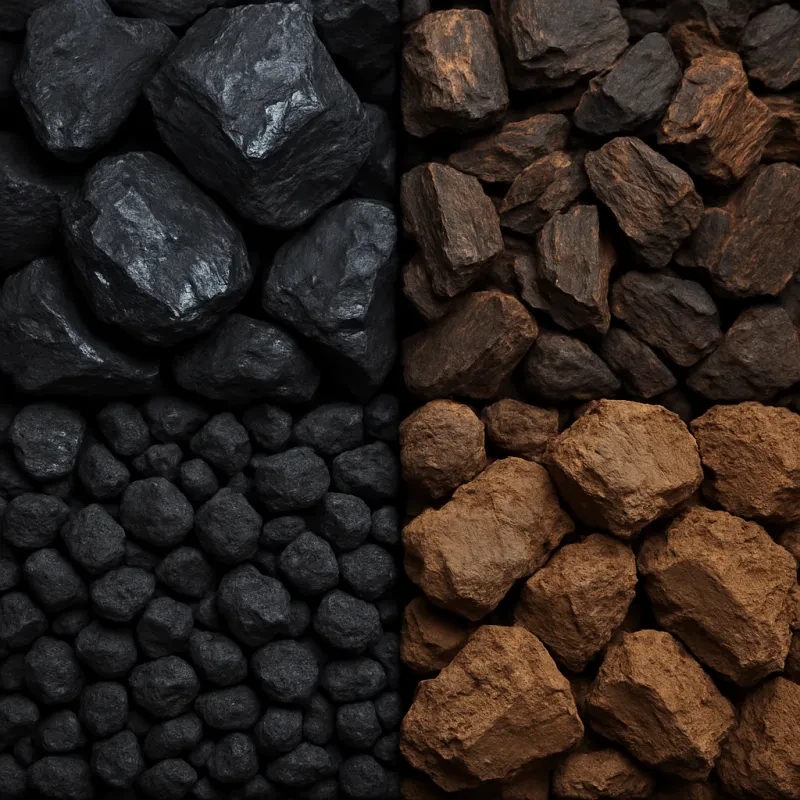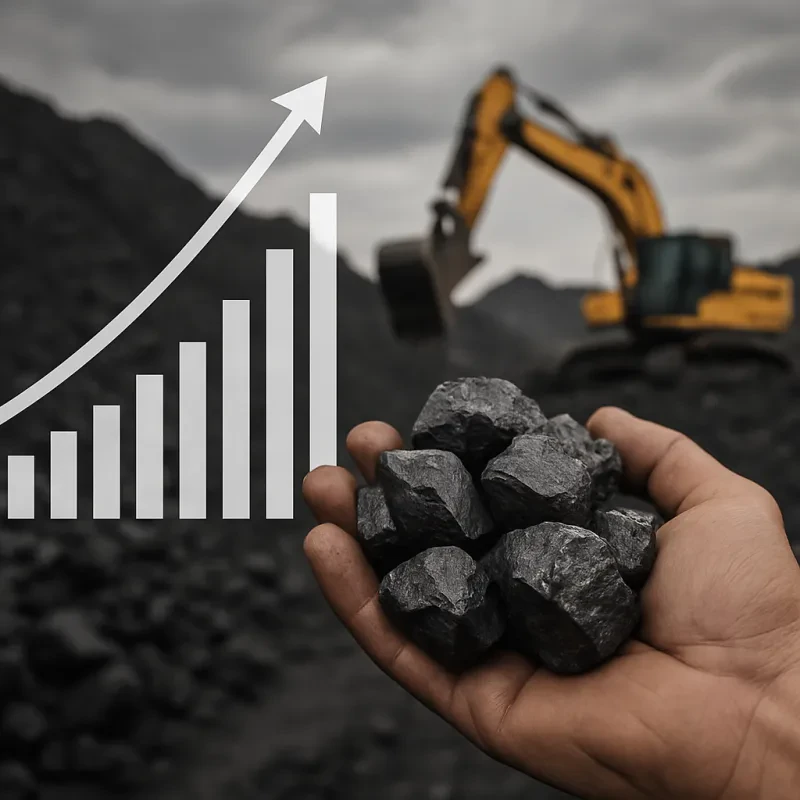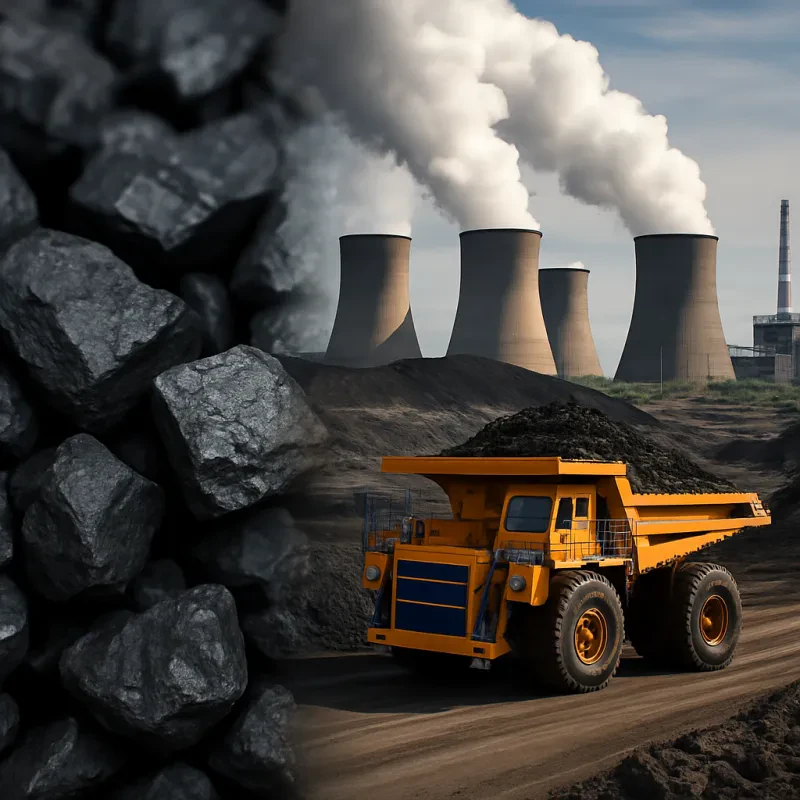Coal comes in several varieties, each with its own unique properties and uses, especially in the context of coal for steel making. Understanding these different types can help you make the right choice for your steel production needs.
First up, we have anthracite. This is the hardest type of coal, and it burns clean with high carbon content. It produces a strong heat, making it excellent for high temperature processes like steel making. If you're looking for efficiency and clean combustion, anthracite is a solid pick.
Bituminous coal is another common type used in steel making. It has a lower carbon content than anthracite but offers a good balance of heat output and cost-effectiveness. It's widely available and provides a great source of energy for coke production, which is crucial in the steel-making process.
Then there's sub-bituminous coal. This type is lower in carbon and produces less heat compared to bituminous coal. It’s typically less expensive and still serves as a viable option for certain steel-making operations. If you're on a budget but still need a reliable fuel source, sub-bituminous coal can be a good choice.
Finally, we have lignite, often referred to as brown coal. It has the lowest carbon content and is generally used for energy production rather than steel making. While it’s not typically used directly in the steel industry, understanding its properties helps you recognize how different coal types fit into the larger energy and production landscape.
Key Features to Look For in Coal
When you're delving into the world of coal for steel making, it’s important to know what to look for. Not all coal is created equal, and certain features can really make a difference in your steel production process. Here are some key features to keep in mind:
By keeping these features in mind, you can make a more informed choice on coal for steel making, ensuring that you get the best product for your steel production needs.
How Coal Affects Steel Quality
When it comes to making steel, the type of coal you choose can make a big difference in the final product. Different types of coal bring unique properties to the table, which can affect the strength, flexibility, and overall quality of the steel being produced. The key here is understanding how these coal characteristics influence steel quality.
Firstly, the carbon content in coal plays a crucial role. High carbon coal for steel making can help produce steel with excellent hardness and strength. On the flip side, if the coal has low carbon content, you might find that the steel is softer and may not hold up as well under stress. This is why selecting the right coal is critical for getting the desired properties in your steel.
Other elements in coal, like sulfur and ash content, also influence steel quality. High sulfur levels can lead to brittleness in steel, which is definitely not what you want. It's like making a delicious cake; if you add too much salt (or in this case, sulfur), it ruins everything. Similarly, ash content can lead to impurities that affect the steel's overall performance.
A great tip when you're looking at coal for steel making is to check the specifics on the coal’s composition. It’s often beneficial to choose coal that has been tested for these properties, ensuring you’re setting yourself up for success in the steel-making process. The right coal not only improves the steel's quality but can also help you save costs in production.
Tips for Sourcing Quality Coal
When it comes to sourcing quality coal for steel making, there are a few key tips that can make a big difference in your results. First off, always check the type of coal you're considering. Metallurgical coal, also known as coking coal, is what you need for steel making. It has the right properties to help in the smelting process, so make sure you're not just picking up any random coal.
Next, look into the coal's quality. You’ll want to find coal that has a good carbon content and low levels of impurities like sulfur and ash. High-quality coal burns hotter and cleaner, which is essential for the steel-making process. It not only boosts efficiency but also affects the final product's quality.
Don’t forget to consider the source. Buying from reputable suppliers who can provide consistent quality is crucial. It’s a good idea to ask about their mining and processing methods—transparency here can tell you a lot about the coal for steel making you’ll receive.
Lastly, always stay informed about market trends and prices. Coal prices can fluctuate based on various factors, so keeping an eye on the market can help you make cost-effective choices. Timing your purchase can lead to significant savings, ensuring you get the best possible quality without breaking the bank.
